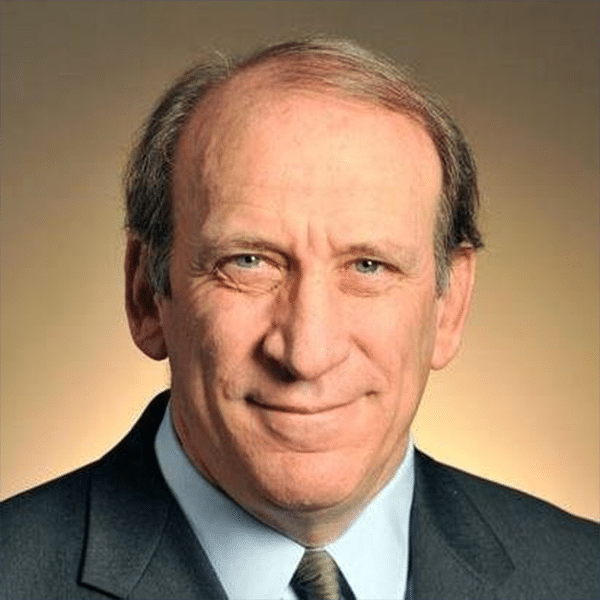The waiver that NTIA issued earlier this year eased certain Build America Buy America (BABA) restrictions and clarified a path forward for the industry. But some additional questions remain.
Telecompetitor talked with Kevin Morgan, chief marketing officer for Clearfield, to get the fiber enclosure manufacturer’s take on the remaining questions.
Manufacturers like Clearfield have a lot at stake when it comes to BABA requirements. Service providers winning funding in the $42.5 billion BEAD rural broadband funding program will not be able to use a manufacturer’s equipment in BEAD deployments unless the equipment complies with those requirements.
As Morgan noted, “the spirit of BABA was to onshore jobs and create more activity in the U.S.”
Among other things, BABA rules require 55% of content in a product to be from the U.S. and final assembly must be done in the U.S., he explained.
When the requirements were issued, the telecom and broadband industry expressed concern that some of the requirements could not be met, which drove NTIA to undertake a waiver process.
In creating the waiver, “NTIA did a good job of soliciting comments from the industry and trying to understand what’s achievable,” said Morgan. But one key question that remains is who will be the “source of truth” regarding whether a specific product is BABA compliant.
“Is it the supplier’s website or the NTIA site?” Morgan asked rhetorically.
For a supplier to be compliant, an officer of the company must certify that products are BABA compliant. If the company can’t prove that it meets requirements, there are penalties.
Some manufacturers already have issued announcements stating that their products are BABA compliant. NTIA has even highlighted some of them on their site.
Clearfield hasn’t made a BABA announcement, but instead has been responding individually to those contemplating using its products for BEAD deployments, Morgan said.
He noted, though, that some Clearfield products, such as certain cable assemblies, are compliant. To meet requirements, the company moved final assembly on those products from a facility in Mexico to the U.S.
Moving forward, he said, “We might make an announcement.” He noted that the company is waiting for some additional information from NTIA before doing so.
BABA requirements aren’t the first that the government has put in place to require products used in funded buildouts to be made, at least in part, in the U.S. And different rules apply to the other programs, which include the similarly named Buy American program.
Morgan noted that the Fiber Broadband Association (FBA) is spearheading efforts to persuade the government to settle on a single set of requirements. But it’s not clear if other agencies will agree with the BABA waivers.
The FBA, he said, hopes various federal administrators will “rally around a single set of requirements.”



